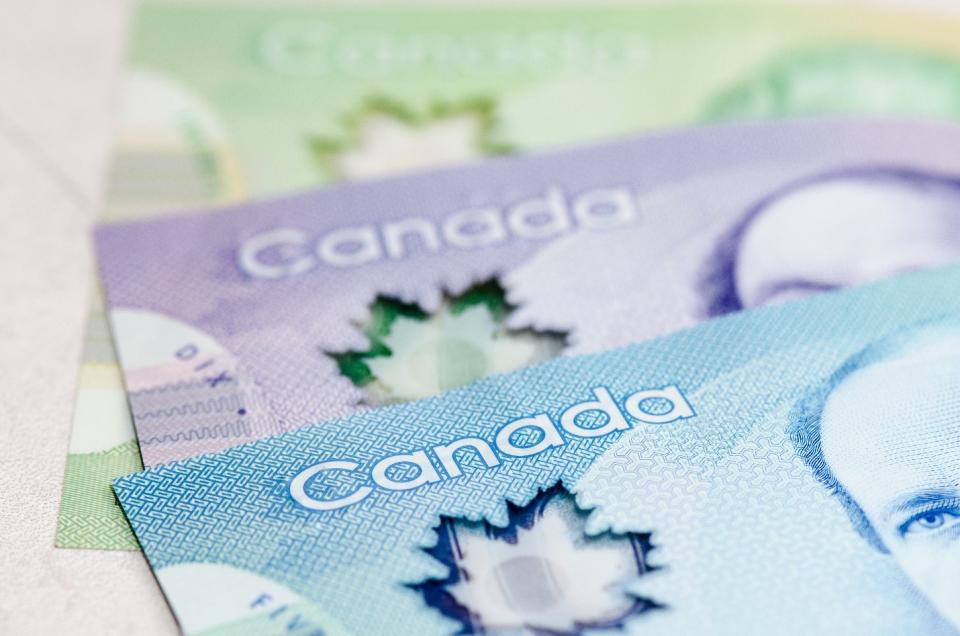Here’s a Fine Canadian Retailer With Immense Pricing Power

When it comes to pricing power, it’s really hard to beat Sleep Country Canada Holdings Inc. (TSX:ZZZ), an old-fashioned physical retailer that’s thrived at a time when most physical retailers are closing shop, but how is Sleep Country able to command such high margins when many competitive department stores like Hudson’s Bay Co. (TSX:HBC) or The Brick are “competitive” alternative physical retailers of mattresses?
Well, for one, it’s notoriously difficult to compare mattress prices to get the best price. If you go mattress shopping, you’ll find this out really quickly! Even with the ability to search for a particular mattress on your smartphone, you’ll get nowhere when it comes to finding a better price on a mattress you’re interested in buying.
A mattress retailer may emphasize their “price match” policy, but good luck finding the same mattress at a lower price, because most of the time, manufacturers like Serta, Sealy, and Simmons produce exclusive lines of essentially the same mattress for each of its e-sellers.
This exclusivity makes it impossible for the consumer to compare prices, and the retailer can set their own prices as they wish without fear of losing ground to a competitor. It’s a durable competitive advantage that allows mattress retailers to command cartel-like prices. For the consumers, though, there’s a dark side to these “exclusive” mattress offerings, as they’re not really exclusive in the way many of us may think.
These “exclusive” mattresses are essentially the same mattress that manufacturers push to other retailers; there are subtle variations to the “look” of the fabric and “gimmicky” features like copper versus gel-infused memory foam. So, the result is that a particular Serta mattress from Sleep Country has an exclusive name, as do similar mattresses from The Bay and all other retailers.
Sleep Country may command $1,000 for its “exclusive” mattress, while The Bay may command a lower $900 price during a “sale” for essentially the same mattress, and Sleep Country wouldn’t experience a hit to its top line, because technically they’re not the same mattress!
The name is different and the design of the fabric is different, but that’s really nothing more than what manufacturers do to allow its retailers to command pricing power, essentially diminishing the effects of competitiveness. And when you go to the mattress salesman to compare prices, they’ll tell you, well, technically they’re not exactly the same mattress. That renders such “price matches” as essentially worthless in ~99% of cases!
The retailer-catered “exclusivity” is bad for consumers, no doubt, but it’s good for mattress retailers like Sleep Country, allowing them to have immense pricing power. It seems like everything is exclusive at Sleep Country or The Bay, when in reality, the only thing exclusive about them is the “look,” which really, as consumers, we don’t care about!
Of course, there are exceptions, like the Bloom mattress, which is legitimately exclusive, but for many other offerings from third-party manufacturers, “exclusive” is quite misleading.
Bottom line
Many third-party mattress retailers are creating “artificial exclusivity” on mattresses for big-box retailers like Sleep Country and The Bay. As a result, these firms have pricing power, when in normal market conditions, they would not.
This “exclusivity” also allows retailers to constantly push “limited time sales,” when in reality, there is really no sale happening at all! Manufacturers also assign MSRPs that are way above what a mattress will actually go for. As a result, a $2,500 MSRP mattress may go for market value ($900), duping customers into believing there’s a massive sale when there’s really none. This is a practice that The Bay has been found guilty of, and while Sleep Country could technically do the same, it hasn’t been resorting to such unethical tactics.
Stay hungry. Stay Foolish.
More reading
Fool contributor Joey Frenette has no position in any of the stocks mentioned.

 Yahoo Finance
Yahoo Finance 